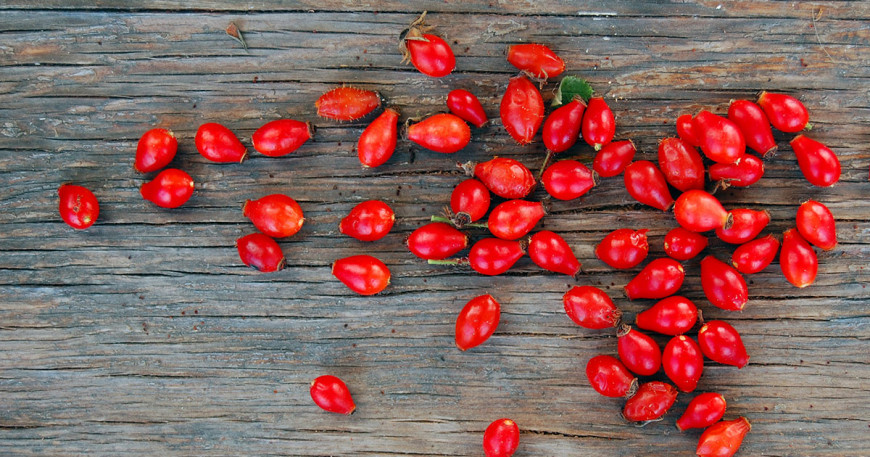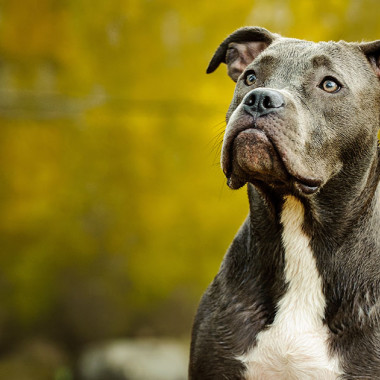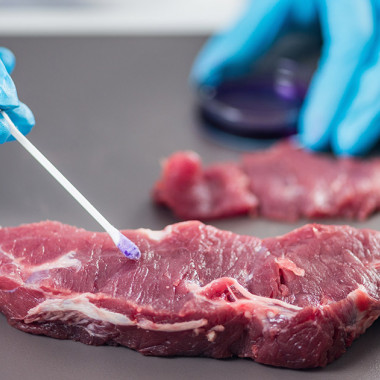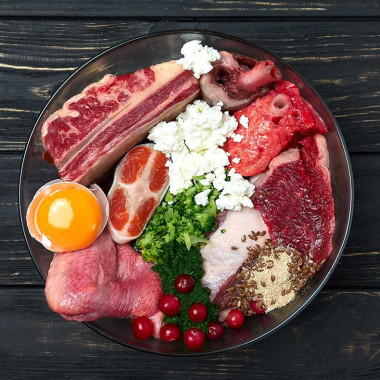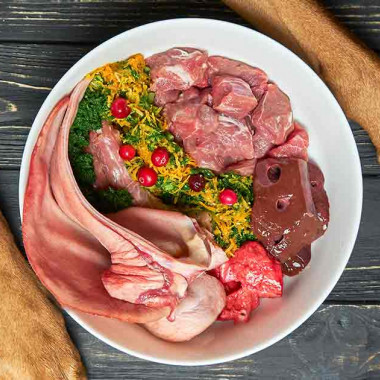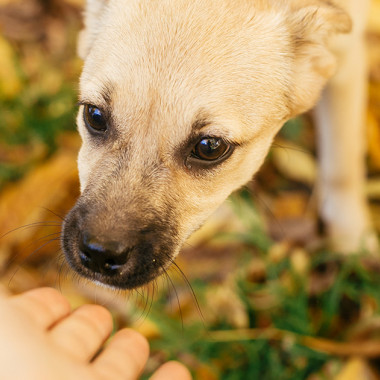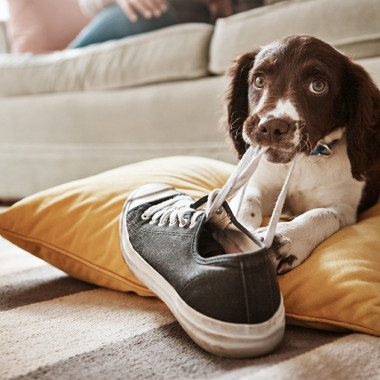Vitamins are generally divided into fat-soluble and water-soluble vitamins. Fat-soluble vitamins include D, E, K, A, while water-soluble vitamins include C, H, and the B group – B1, B2, B3, B5, B6, B7, B9, B12. Vitamins for dogs play an essential role in the metabolism of sugars, fats, and proteins, as well as maintaining bodily functions and homeostasis. In this article, you will learn about suitable sources of vitamin C for dogs, how its deficiency and excess manifest, and the proper preparation of side dishes.
Vitamin C (L-ascorbic acid)
Vitamin C is water-soluble and plays a crucial role in regulating amino acid metabolism, maintaining the integrity of blood vessel walls, and developing teeth, bones, and cartilage, as well as producing white blood cells. It is also known as an antioxidant and protects dogs from cancer. Like other animals, dogs can synthesize vitamin C and therefore do not have specific dietary requirements for higher levels of this vitamin. Since vitamin C enhances calcium and phosphorus absorption, it is particularly important during the growth phase of puppies and while they are teething.
Sources
The BARF method is based on a natural diet, so vitamin C supplementation should also come from natural sources. The richest natural source of vitamin C for your dog is acerola. Additionally, good sources include oranges, grapefruits, bell peppers, tomatoes, rose hips, broccoli, strawberries, black currants, kiwi, potatoes, and carrots.
Deficiency and Excess
It is crucial to provide your dog with the optimal amount of vitamin C. Depending on the size of the dog, its daily intake should be between 100 – 250 mg of vitamin C. If a dog receives too little of a vitamin, hypovitaminosis may develop. Conversely, if it consumes too much, hypervitaminosis can occur. A vitamin C deficiency may lead to a weakened immune system, impaired bone structure, and stunted growth. Prolonged vitamin C deficiency can result in muscle atrophy, anemia, tooth loss, infertility, and recurrent infections. Excess vitamin C is excreted through urine, but prolonged excessive intake can cause diarrhea in dogs.
Vitamin C is inactivated by heat and oxidation. If you want to include vegetables or fruits in your dog’s diet, you can freeze them. Freezing does not degrade vitamin C, so it remains intact. For more on why it’s necessary to prepare vegetables for dogs and suitable preparation methods, you can read our article.
